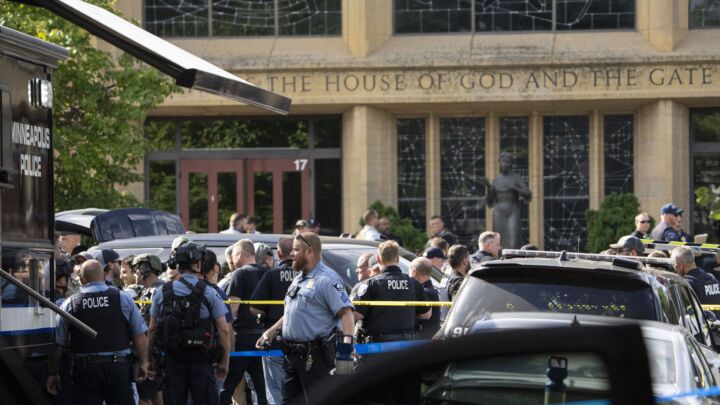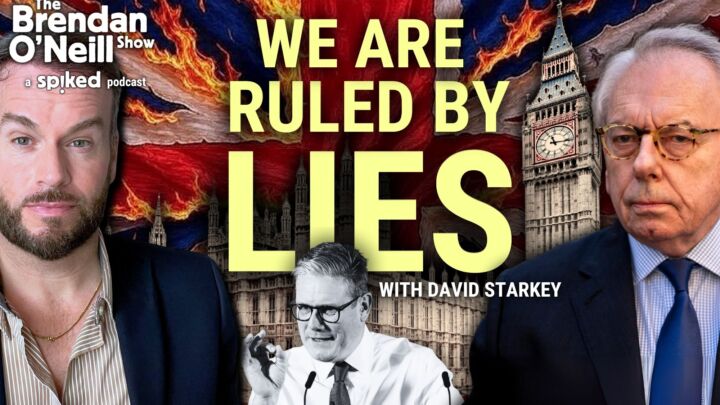UCLU: banning ‘fascists’ to make itself feel important

Want to read spiked ad-free? Become a spiked supporter.
‘Fascism here, fascism there’, wrote the French communist Boris Souvarine in 1925. ‘Every day for the last six months’, he continued in jest, ‘L’Humanité [the newspaper of the French Communist Party] serves up a new fascist surprise’. This tendency to see fascism everywhere seems to be reappearing. During its recent rise to prominence, the anti-immigration UK Independence Party (UKIP) was denounced as fascist by many politicos and campaigners. And now, on the slighter end of politics (if such a word is even warranted), this compulsive use of the f-word has taken hold of University College London’s students’ union (UCLU), which has moved to ban a Nietzsche student society on the grounds that it is fascist.
The ‘Nietzsche Club’, originally founded as the ‘Traditional Society’, claimed to be committed to ‘traditionalist art and philosophy’. The society put up posters around UCL campus bearing slogans such as ‘Equality is a false god’ and promoting philosophers such as Julius Evola, Alain de Benoist and Martin Heidegger. In response to the posters, UCLU banned the group, accusing them of ‘promoting a far-right, fascist ideology at UCL’ which is supposedly a direct threat to the ‘safety of the UCL student body and UCLU members’.
Whether or not the handful of members of the Nietzsche Club do subscribe to a fascist-style worldview is up for debate, although their penchant for traditionalist philosophers suggests they might well do. However, to portray what is, essentially, an eccentric reading group as a danger to the student body reveals the sandbox nature of student politics today. UCLU’s clampdown on the Nietzsche Club is an attempt to portray both UCLU and the Nietzsche Club as more important than they really are. Hollowed out and lacking any real political significance, UCLU attacked another, even more inconsequential, group so that it could pretend for a moment that it was doing something of significance, something with real political meaning.
Nevertheless, while the whole debacle was nothing more than student-union posturing, it projects a dim view of students. It shows a lack of faith in the capacity of students to digest certain ideas and come to reasoned conclusions. If UCLU really is that concerned about a small number of people attempting to popularise the ideas of a few reactionary thinkers, the best solution would be to expose these ideas for what they are: wrong. The only way to do that is through free and open debate, not censorship.
Tom Bailey is studying for a masters in history at University College London. Visit his personal website here. Follow him on Twitter: @tbaileybailey
Help us hit our 1% target
spiked is funded by you. It’s your generosity that keeps us going and growing.
Only 0.1% of our regular readers currently donate to spiked. If you are one of the 99.9% who appreciates what we do, but hasn’t given just yet, please consider making a donation today.
If just 1% of our loyal readers donated regularly, it would be transformative for us, allowing us to vastly expand our team and coverage.
Plus, if you donate £5 a month or £50 a year, you can join and enjoy:
–Ad-free reading
–Exclusive bonus content
–Regular events
–Access to our comments section
The most impactful way to support spiked’s journalism is by registering as a supporter and making a monthly contribution. Thank you.






Comments
Want to join the conversation?
Only spiked supporters and patrons, who donate regularly to us, can comment on our articles.